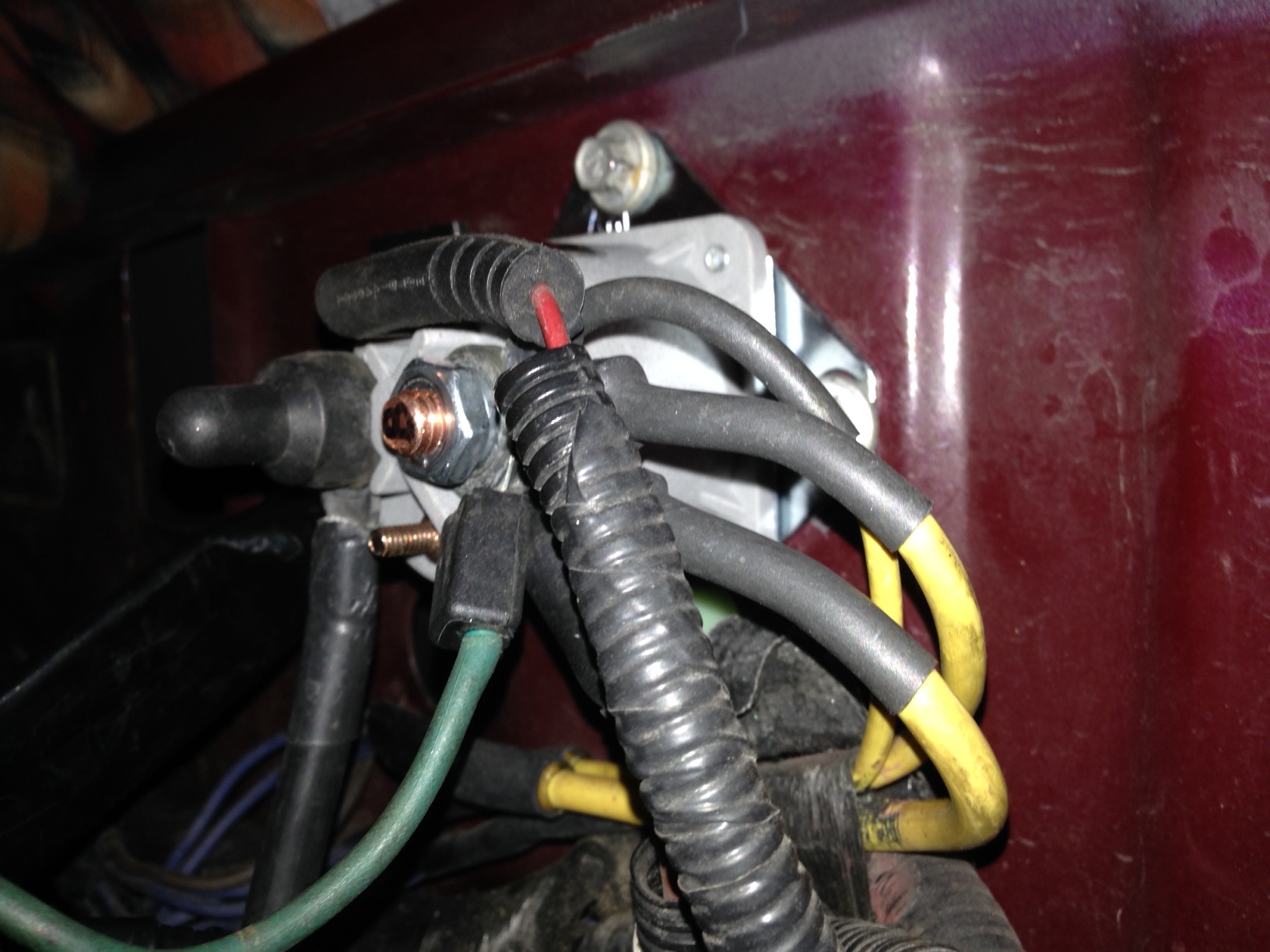When it comes to troubleshooting electrical issues in a 1990 Ford F150, having a clear understanding of the starter solenoid wiring diagram is essential. The starter solenoid is a crucial component in the starting system of the vehicle, and a wiring diagram can help you identify and fix any wiring issues that may arise.
Why are 1990 Ford F150 Starter Solenoid Wiring Diagrams Essential?
A 1990 Ford F150 Starter Solenoid Wiring Diagram is essential for a number of reasons:
- It helps you understand the wiring connections between the starter solenoid and other components in the vehicle.
- It allows you to troubleshoot any electrical issues that may arise in the starting system.
- It provides a visual reference for the wiring layout, making it easier to identify and fix any wiring problems.
How to Read and Interpret 1990 Ford F150 Starter Solenoid Wiring Diagrams
Reading and interpreting a wiring diagram can seem daunting at first, but with a little practice, it becomes much easier. Here are some tips to help you:
- Start by familiarizing yourself with the symbols and colors used in the diagram.
- Follow the flow of the wiring from one component to the next, paying close attention to how they are connected.
- Identify any switches, relays, or other components that may be part of the circuit.
Using 1990 Ford F150 Starter Solenoid Wiring Diagrams for Troubleshooting
When faced with electrical problems in your 1990 Ford F150, a wiring diagram can be a valuable tool for troubleshooting. Here’s how you can use it effectively:
- Identify the specific circuit that is causing the issue by tracing the wiring in the diagram.
- Check for any loose or damaged connections, as well as any signs of wear or corrosion.
- Use a multimeter to test the continuity of the wiring and ensure that electrical current is flowing correctly.
Safety Tips for Working with Electrical Systems and Wiring Diagrams
Working with electrical systems can be dangerous if proper safety precautions are not followed. Here are some important safety tips to keep in mind:
- Always disconnect the battery before working on any electrical components to avoid the risk of electric shock.
- Avoid working on the vehicle in wet or damp conditions to prevent the risk of electrical shorts.
- Use insulated tools and wear protective gear, such as gloves and safety goggles, when working with electrical systems.
1990 Ford F150 Starter Solenoid Wiring Diagram
1990 Ford F150 Starter Solenoid Wiring Diagram – DiagramInfo

1990 Ford F150 Starter Solenoid Wiring Diagram – Database – Wiring

1990 Ford F150 Starter Solenoid Wiring Diagram – alternator

1990 Ford F150 Starter Solenoid Wiring Diagram – alternator
1990 Ford F150 Starter Solenoid Wiring Diagram

1990 ford f 150 starter diagram
